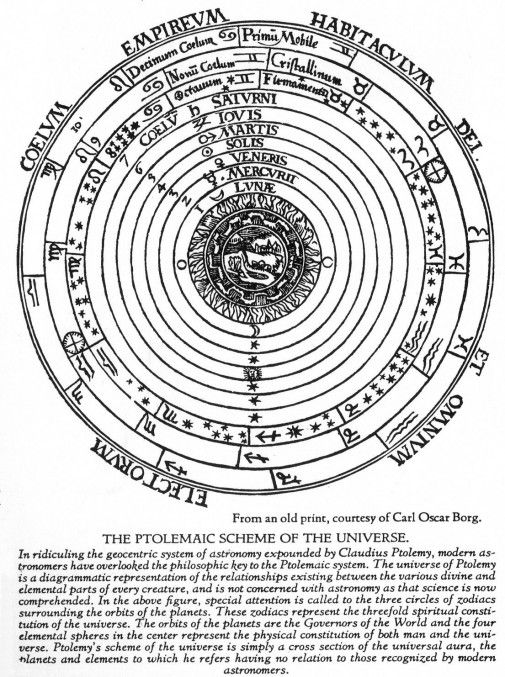Bunraku
Well-known member
From JA's post:
I think it's time we started having book discussions on some of the trad. astro literature, because they help us dissect things. They don't have the most direct or straightforward wording, and deciphering these texts from a culture thousands of years ago is even more complicated.
For example in this thread of a question of a text: https://www.astrologyweekly.com/forum/showthread.php?t=131150
It was clarified pretty quickly.
We can also compare and contrast between the translations and see how the author interpreted a text.
This thread is the Great Introduction by Keiji and Charles. And the one eventually to be released by Ben.
Last summer Keiji Yamamoto and Charles Burnett released
their long-awaited translation of The Great Introduction to Astrology
by the 9th century astrologer Abu Ma'shar.
This was the first time this text has been translated into English in its entirety.
Abu Ma'shar frequently cites a lost Greek text
attributed to Hermes Trismegistus.
This appears to be the same text called the Panaretos
that the 4th century astrologer Paulus Alexandrinus drew on
for his treatment of seven planets Lots
although Abu Ma'shar shares much more from the text than Paulus did.
I think it's time we started having book discussions on some of the trad. astro literature, because they help us dissect things. They don't have the most direct or straightforward wording, and deciphering these texts from a culture thousands of years ago is even more complicated.

For example in this thread of a question of a text: https://www.astrologyweekly.com/forum/showthread.php?t=131150
It was clarified pretty quickly.

We can also compare and contrast between the translations and see how the author interpreted a text.
This thread is the Great Introduction by Keiji and Charles. And the one eventually to be released by Ben.





